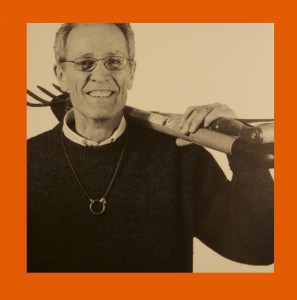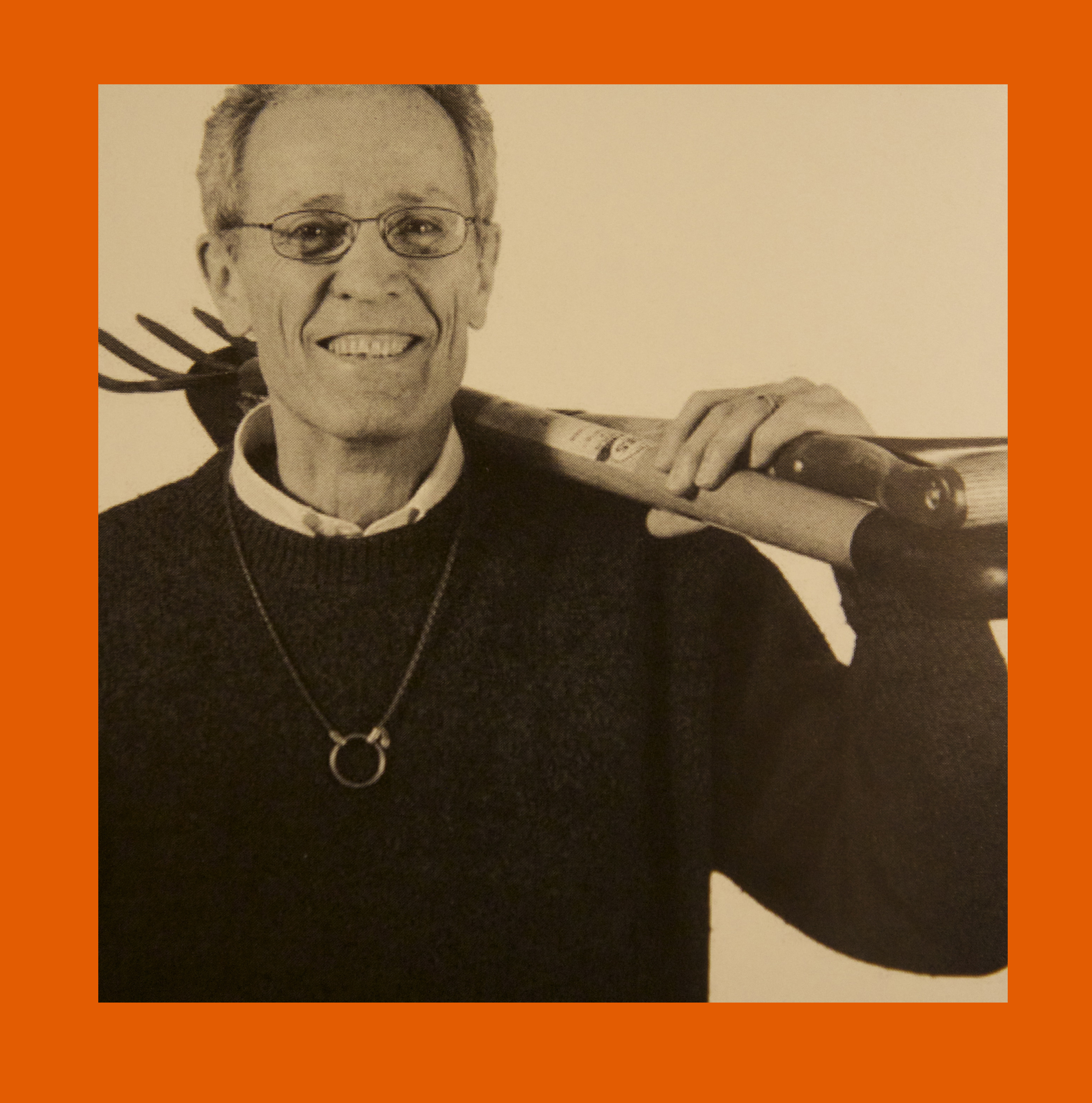I have a couple of stories to tell you, and some associated thoughts about education.
First… a story.
A traveler in Maine was lost and stopped at a farmhouse to ask for directions. He called out to the farmer, “Which way to East Vasselboro?” The farmer thought for while, and replied, “Well, go down this road, the way you’re headed, for about 2 miles, then turn left at the white church….” He paused, “But then… you could go back about a mile and a half, turn right just before you get to Jonah’s apple orchard…” He paused again, and thought for a moment more. “Ya know, come to think of it, I don’t think you can get there from here.”
Through my years in education, I have been building a vision for a future that we continually seem to be moving towards, but one that never seems to be transformed into a present reality. I see a future where a global understanding of earth systems will replace a general ignorance of them, where competition between industries, and between nations, will be replaced by cooperation, where corporate success will be judged not by its value to market growth, but by its value to the quality and sustainability of all living systems, where consumerism will be widely accepted as a social AND global responsibility, a future where progress will be measured not by upward trending graphs, but by habits of the mind, wholeness of the heart, and health of the Earth.

And how will we get there from here? We will allow children to engage in play far longer, in their early years, than we allow them at present, so their minds might become full of wonder and fortified by it. We will foster that wonder and employ it, allow it to grow, and to lead their studies through all of their school years. We will engage in culturally relevant teaching so that ideological differences and national heritage will enhance the necessity and importance of diversity, weaken walls of fear, and strengthen communities, worldwide. We will create ethnic history and language-study courses for all people, in all communities, so that inclusion may replace oppression as the undercurrent of our society, so many of Earth’s citizens won’t have to fight their way out of the shadows, but be born into the light… and welcomed.
And why will we do this? Because Earth is the common ground we share, and survival of all life depends on our cooperation, not on competition. A global realization of that concept is real progress.
Contrary to the farmer’s opinion, we can get to any place from where we are with enough imagination and a willingness to take a road less traveled by. We know the way.
Here’s another story:
A traveler in Maine stopped to ask for directions from an old fellow sitting on his porch. “Is this the road to Portland,” he called out. The old fellow answered, “It sure is, sonny, but if I were you, I’d change ends with that car. It’s about 30,000 miles the way you’re headed.”
Are the global “we” headed in the right direction? Some are. Most are not… yet. Can we retool the word progress and give new life to the word progressive? When the today’s students are at the peak of their professional lives, thirty or forty years from now, this world will be a very different place. For example, the oil that has suckled Earth citizens for the past four or five generations will be nearing its end. Are we training enough problem finders to help Earth move successfully past this era and into a truly sustainable future? I have great faith in Fieldston’s resourcefulness and creativity, and I believe she can be an integral part of such a future. I will miss not being involved in that evolution, but will love hearing about it.
As Fieldston students say, when they leave the classroom, “Thank you.” Thank you for fifteen of the best years of my life. This community has a large heart and a willingness and ability to spread its influence well beyond the oaks that have stood as constant witness to its many fluctuations. We haven’t got it right… yet, but I believe we’re headed in the right direction.
Remarks to the faculty
June 8, 2012
Kinne Stires






